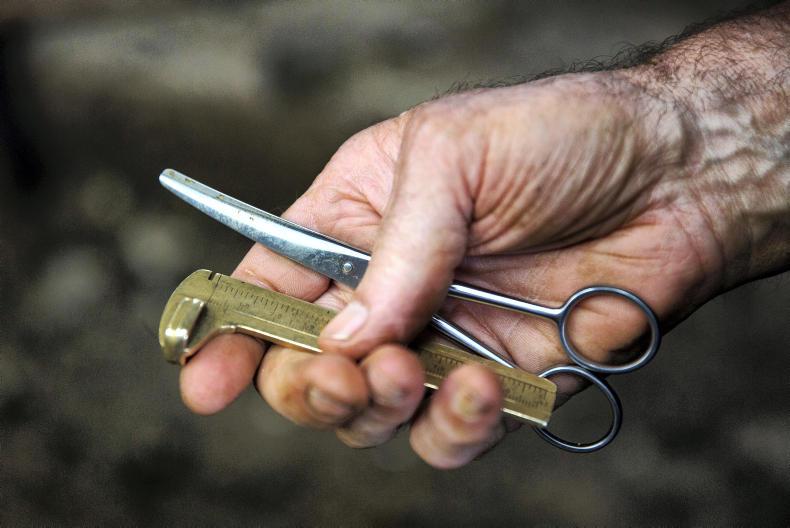The exemption from TB testing for calves between 42 and 120 days of age will cease on 1 September 2020, the Department of Agriculture has confirmed.
From 1 September onwards, all cattle aged over 42 days must be included in a herd TB test, and calves over 42 days will require a TB test in order to move off the holding.
Up to 31 August, calves aged 42-120 days are not required to be included in a herd test, unless the farmer and vet agree to do so, a Department spokesperson said.
More testing of calves
Department figures show that in June 2020, when TB tests were carried out in herds where calves aged 42-120 days were present, 88% of these herds tested all such calves. This is up from 78% in May 2020.
Up to 31 August, calves aged 42-120 days are not required to be included in a herd test, unless the farmer and vet agree to do so
The Department has advised that where a herd cannot be TB tested due to COVID-19 related issues, the trading status of the herd will be suspended when the herd becomes overdue.
When the suspension is then applied, moves directly to slaughter will still be permitted.
Social distancing
Farmers and vets carrying out TB testing are advised to continue to act in accordance with HSE guidelines.
Before commencing, the vet should make a plan with the farmer regarding physical distancing.
This can include greater use of a head restraining gate, or use of a longer guide stick to help to raise heads and may include discussion of the use of masks or face-shields, based on HSE guidance.
Read more
Calves under 120 days can be TB tested – Department
New TB testing concessions agreed due to COVID-19
The exemption from TB testing for calves between 42 and 120 days of age will cease on 1 September 2020, the Department of Agriculture has confirmed.
From 1 September onwards, all cattle aged over 42 days must be included in a herd TB test, and calves over 42 days will require a TB test in order to move off the holding.
Up to 31 August, calves aged 42-120 days are not required to be included in a herd test, unless the farmer and vet agree to do so, a Department spokesperson said.
More testing of calves
Department figures show that in June 2020, when TB tests were carried out in herds where calves aged 42-120 days were present, 88% of these herds tested all such calves. This is up from 78% in May 2020.
Up to 31 August, calves aged 42-120 days are not required to be included in a herd test, unless the farmer and vet agree to do so
The Department has advised that where a herd cannot be TB tested due to COVID-19 related issues, the trading status of the herd will be suspended when the herd becomes overdue.
When the suspension is then applied, moves directly to slaughter will still be permitted.
Social distancing
Farmers and vets carrying out TB testing are advised to continue to act in accordance with HSE guidelines.
Before commencing, the vet should make a plan with the farmer regarding physical distancing.
This can include greater use of a head restraining gate, or use of a longer guide stick to help to raise heads and may include discussion of the use of masks or face-shields, based on HSE guidance.
Read more
Calves under 120 days can be TB tested – Department
New TB testing concessions agreed due to COVID-19






 This is a subscriber-only article
This is a subscriber-only article










SHARING OPTIONS: